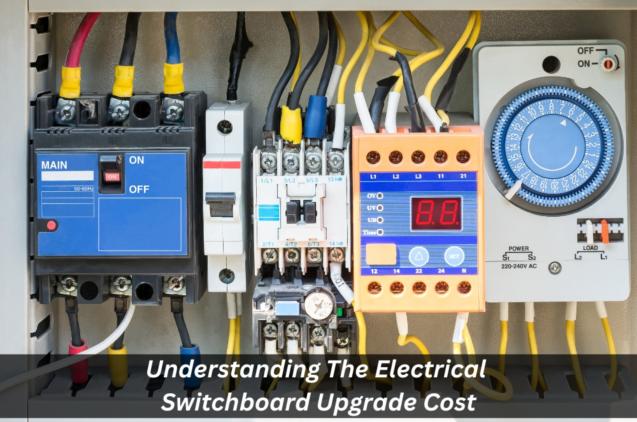
How Do You Fix A Blown Fuse?
When a fuse is blown there are three choices: replace it with a new one (the best way), re-route the current and use a different type of plug-in device for the same purpose. The following article will show how to identify it by checking all possible causes, including power surges or lost power, faulty connections, damaged wiring, and malfunctioning devices.
A fuse is a device that allows current to pass safely by breaking down at high temperatures. They come in various shapes, sizes and materials depending on their application. The size of the fuse determines its maximum working capacity.
The material from which they are manufactured determines their strength and resistance to heat. Some fuses also include safety devices such as thermal cutoffs (TCO). TCOs prevent excessive heating and subsequent melting of the fuse element by disconnecting power before the fuse reaches a fully melted state.
Some common causes are:
- Improper wiring.
- Faulty electrical panel equipment.
- Overloading an appliance or circuit.
- Improper use of extension cords.
- Electrical overloads caused by lightning strikes.
- Poorly installed switches.
- Excessive loading due to incorrect wiring of the load.
- Check for any of the following signs when replacing your fuse:
- It's not hot.
- It's melted.
- Your fuse box has a lot of open fuses.
- Your fuse is damaged.
Potential problems that may result in a blown fuse.
- Power surge
- Faulty connection
- Damaged wiring
- Malfunctioning appliance
If you suspect that part of your home's electrical system is in need of replacement, contact an experienced professional immediately.
- Reconnecting Fused Circuits
- Circuit Breaker Tripping
- Electrical Short Circuit
In other words, a short circuit usually occurs when electricity hits a live wire or metal objects, such as a nail or screw. Another common source of a short circuit would be a loose wire touching another wire, or a piece of metal coming into contact with the ground.
If you're experiencing a short circuit, call an experienced professional in Electrical Services that offers free estimates and 24/7 emergency service.
- Damaged Wire
- Check All Connections
At this point, you'll want to check that the main cable supplying power to the breaker is connected to the same circuit. Finally, you'll want to double-check all connections on the incoming side of the breaker, including the wires leading to the outlets and switches, as well as the wires that connect to other receptacles in the house.
If you're still having problems determining the cause of a blown fuse, don't hesitate to call a professional electrician. They are expert technicians who will get to the bottom of whatever electrical wiring dilemma you're facing and help you fix your faulty electrical system in no time. Don't wait until it's too late; contact one qualified professional today!



